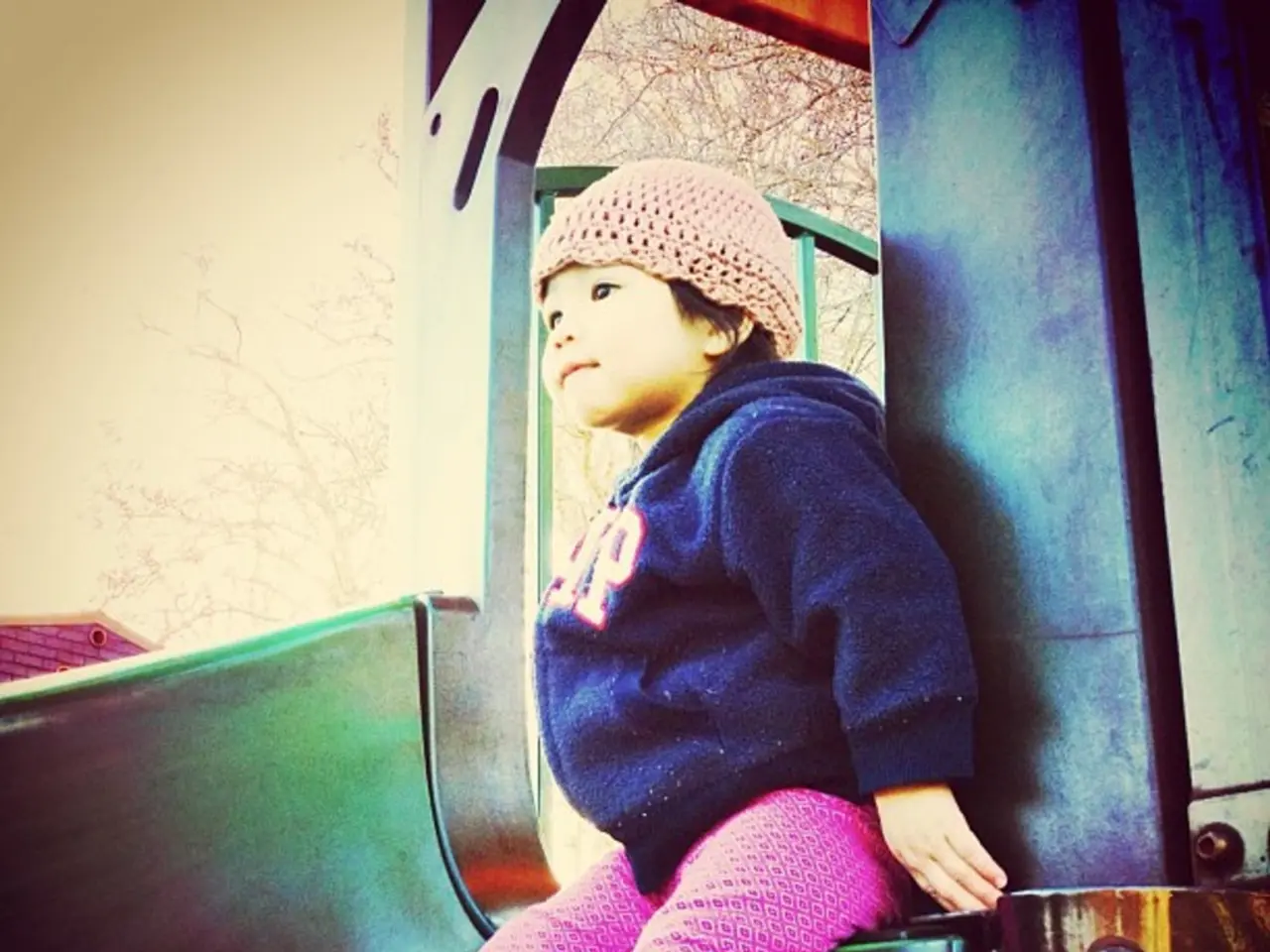Guidance for Parents of Children with SMA: Aiding Growth in Infants from Newborn to Age Two
In caring for babies with Spinal Muscular Atrophy (SMA), a condition that affects muscle function, a holistic approach is crucial. This article aims to provide insights into key adjustments, challenges, and support strategies for caregivers of these infants.
Key Adjustments and Support Needs
Care for babies with SMA often involves respiratory therapy, such as cough assistance and non-invasive ventilation, and feeding support, like feeding tubes or enteral nutrition, to ensure steady growth. Mobility aids and therapy, including physiotherapy, occupational therapy, and speech-language pathology, are essential to maintain comfort and encourage movement. Establishing home-based care routines helps keep care organized and consistent, improving the quality of life for both baby and caregiver. Modifications to the home, such as widened doorways and ramps, may be necessary to accommodate wheelchairs or mobility devices.
Challenges Faced by Caregivers
Managing complex medical needs, including respiratory and nutritional support, can be overwhelming without proper guidance. Emotional labor and stress are significant, with ongoing worries and uncertainty about the child's condition. Balancing care responsibilities with caregiver self-care is essential to provide effective support; caregivers need encouragement to maintain their own health and well-being.
Support Strategies
Working with a multidisciplinary healthcare team, including general practitioners, neurologists, respiratory physicians, dietitians, orthopaedists, physical therapists, occupational therapists, speech therapists, and genetic counsellors, provides comprehensive health and lifestyle support. Home care providers offer equipment set-up, training, ongoing respiratory and nutrition assessments, and direct coordination with your child's medical team to simplify care. Support services may include allied health therapy for movement, dietary advice to optimize nutrition, orthopedic care for skeletal issues like scoliosis, and genetic counseling for family planning and emotional support.
Considering educational options and possible accommodations can help siblings and families plan for the future. Parent guides from specialized SMA healthcare providers and advocacy organizations, educational materials focused on home respiratory and nutritional care, resources that address caregiver self-care and emotional support, and access to local SMA support groups or multidisciplinary care teams via hospitals or specialty clinics are all valuable resources for caregivers.
Conclusion
Understanding and managing the caregiving role for babies with SMA requires a structured approach. By focusing on key adjustments, addressing challenges, and leveraging available support strategies, caregivers can ensure their babies' physical and emotional needs are met effectively. A supportive network of friends, loved ones, and the SMA and neuromuscular disorder caregiver community is essential for caregivers of babies with SMA.
[1] Wave Healthcare SMA parent guide (2025) [3] SMA Australia - Children (0-12 years) living with SMA (2025) [4] Emotional challenges of SMA caregivers (Instagram post, 2025) [5] SMA Australia - Parents, Carers and Carriers support page (2025)




